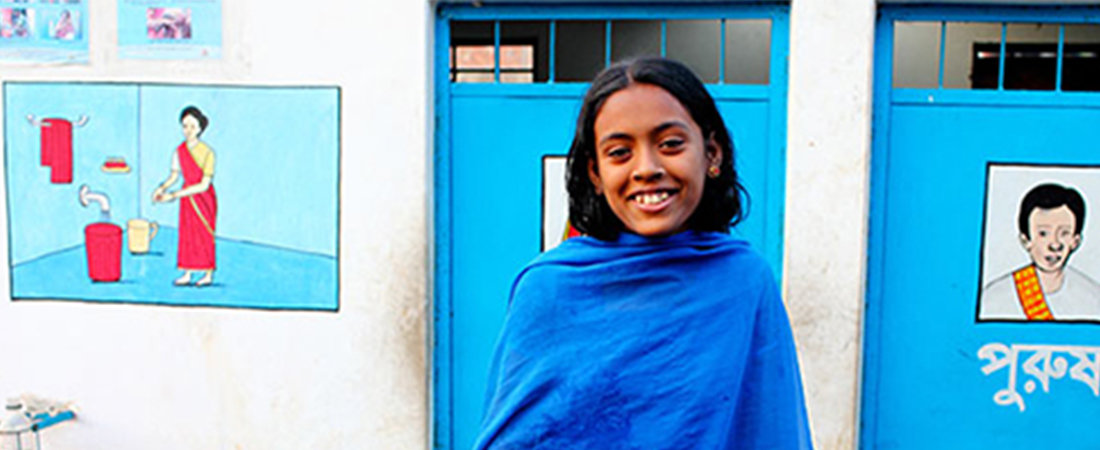Most people, when they retire after a fulfilling, successful and happy career don’t do so with a fervent hope that the organisation they are leaving will one day no longer be needed.
That is exactly the situation I find myself in as I step down from WaterAid in May, as our sole purpose is to contribute towards a world where everyone everywhere has clean water and a decent toilet close by.
In fact universal access to water, hygiene and sanitation and to eradicating extreme poverty by 2030 is the commitment every government around the world signed up to in 2015 as part of the United Nations Sustainable Development Goals.
It is an ambitious target. Whilst there has been huge progress made since 1990 with 2.6 billion more people now able to drink clean water and over 2.1 billion gaining access to a toilet, one in ten of the world’s population still don’t have access to safe water and one in three live without decent sanitation. This is just not acceptable and by 2030 universal access needs to be a reality.
However what is absolutely clear is that this needs us all to step up our game if we are to reach the Global Goals. This will be a remarkable and historic achievement. An achievement that will have transformed lives forever.
All youngsters will be healthy and protected from the diarrhoeal diseases spread by dirty water that currently kill 314,000 children under five each year. Women will be freed from the drudgery of walking for hours to fetch contaminated water from ponds and puddles. By having toilets and washing facilities in all schools, girls will be able to realise their potential and no longer be forced to abandon education when they reach puberty.
Strong political will is essential to galvanise the action needed and a persistent drive to make change happen and to ensure effective sustainable delivery systems are in place with adequate funding. This requires determination and new collaborative partnerships between governments, the private sector and civil society willing to try out new approaches and technical innovations. And an absolute commitment to eradicating poverty and to leave no one behind.
While governments have a critical role to play in providing the right leadership and enabling environment the private sector also has a crucial role in ensuring that clean water and decent toilets are provided on their own premises and for workers in their supply chains and in the communities where they live.
All employers can add their weight to influencing decision makers at every level to prioritise the provision of clean water and decent toilets as essential to public health, prosperity and to dignity.
The business case is clear – research shows that for every £1 invested in water and sanitation there is a £4 return in terms of economic growth. Workers take fewer days off sick, women have more time to work and mothers spend less time nursing their children back to health from the diseases spread so easily in unhygienic environments.
Despite the huge public health benefit it is more attractive for politicians to proudly open a hospital or school than to insure that these new facilities open with a reliable, clean water supply and adequate toilets, despite the obvious benefits for patients and pupils.
I have just returned from India where Prime Minister Modi has made ensuring that everyone has a toilet a personal political mission. In 2015 nearly half of this South Asia powerhouse did their business in the open, using waste ground or fields and fewer than four in ten had a decent toilet. But the Swachh Bharat, or Clean India Mission, set the target of ending this practice of open defecation by 2019.
The scale of the challenge is awe inspiring because of the sheer size of India’s population: imagine the task of changing ingrained habits of generations and then building enough functioning toilets and waste removal systems for over 750 million people.
While there will be challenges along the way the political prioritisation and ambition of the Swachh Bharat mission is an inspirational example of what can be done with the right political will, drive and investment and an aspiration to reach the most marginalised and to leave no one behind.
Putting people at the heart of our work, influential and passionate leadership, and a commitment to improving the lives of all is fundamental for change to happen. This applies equally to governments, corporations and civil society and to our own organisation WaterAid. Having a big vision for change and a determination to make it happen is essential. Those 2030 global goals can and should be realised.

